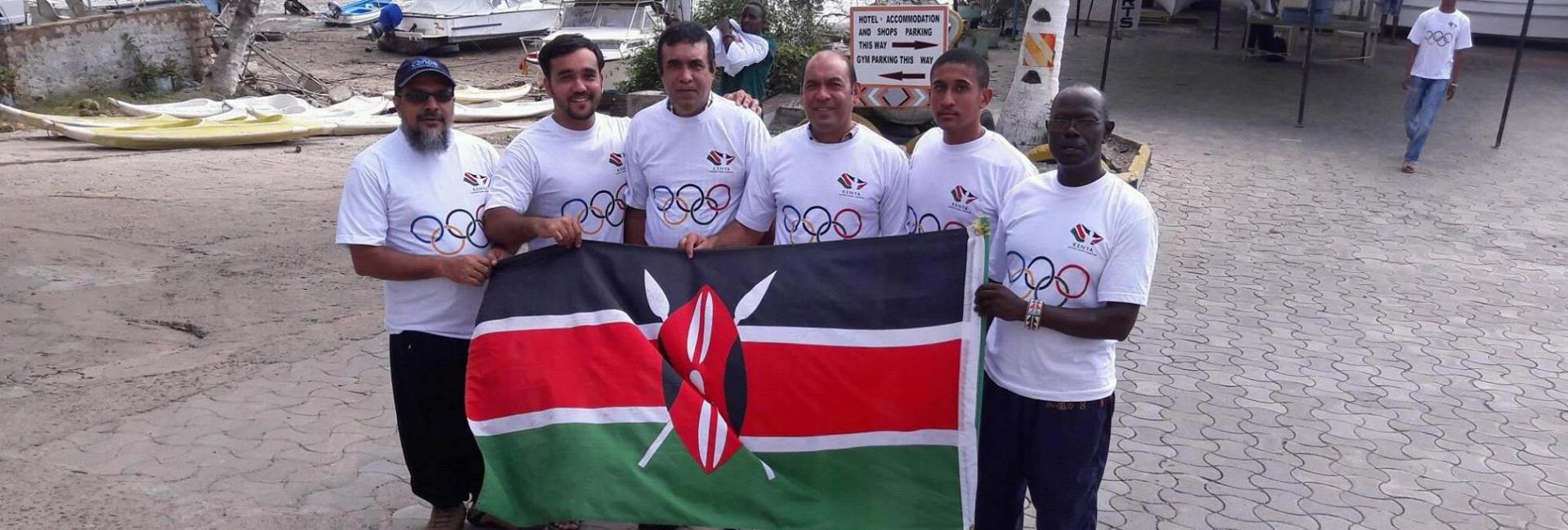
Seif Patwa is the Secretary General of the continental structure of the ICF: the Confederation of African Canoe. He is from Kenya and he is a strong defender of interests and opportunities for the young athletes of Africa. He also supports and demands equality in resource allocations and fair representation within ICF and other international organization for development of his core mission.
Confederation of African Canoe was founded in Morocco in 2000, by National federations of Morocco, Senegal, Uganda and South Africa. The Present Board Members are from Sao Tome, Kenya, Djibouti, Somalia and Nigeria.
We spoke with him about his great work for the development of the paddle sport in Africa.
Who is Seif Patwa?
My background is mainly in sports of Sailing, Rowing and Canoeing as athlete and coach, but also as National, Continental and International Sports Executive, Sports Scientist and Manager of Kenya's Olympic teams in Rowing and Canoeing .
I discovered Rafting approximately 30 years ago in Kenya, on Tana River, thanks to the commercial company Savage Wilderness; after that we joined hands with Savage Wilderness in order to start Canoe Slalom there. After Kenya I have helped about 15 other African countries to start Canoeing and Rowing, in my role as Secretary General of the Confederation and as a Lecturer and Trainer in Sports science and Canoeing .
I have trained to level of Masters Degreee/Diploma in Sports Management/Sports Sciences and Olympic Studies.
What does the World Rafting Federation instead of IRF mean for the CAC and the ICF?
CAC has no contact with IRF. However Kenya National Federation made a contact with IRF, but the response was lukewarm, not enthusiastic or welcoming.
WRF is a new arrangement, we have to wait and see how this relationship will develop. Unfortunately previous arrangements betwenn ICF and other disciplines such as Dragon boat and Sup have had some difficulties. However we believe Rafting presents a new opportunity for National Federations of Africa to grow and could be a new "product" to attract sponsorship and develop future youth teams. Rafting also has an element of excitement and suspense that could be interesting for television and spectators.
Mr. Patwa, what are the conditions of the national federations in African continent?
We have different conditions of our National Federations, some are inactive, others are at begginer stage and some are very active. However most Federations need Equipment and High level Coaching education.
Rafting can represent a tool for facilitating young people's access to the labour market and implement the dual career goal for the ICF athletes. What is the connection between the commercial and the agonistic world in the African rafting?
Commercial rafting is the main activity, but some competitive rafting is emerging in Uganda and Kenya and possibly South Africa and Zambia.
How are Canoe and Rafting Federations connected in Africa?
There is no connections as far as I know. New connections and linkages have to be made, in order to develop Rafting in Africa.
What are the present condition (from agonistic, ecological,... points of view) and what about the developement of this sport?
African rafting certainly has the potential to be popular, however, without Equipment, Guides and Trainers it cannot be very famous now. Moreover the main issue facing African rivers is constructions of dams that block the river and erosion of soil, so many rivers require to be saved by planting trees on the banks or building gabions.
The most important events of the year are African Canoe Sprint Championships, African Junior and Under 23 Championships, African Beach Games and African Games. We have White and Blue Nile, Zambezi, Congo, Limpopo, Niger, Tana, Athi, Sondu Miriu, Ruvuma, Organge River,... some of the biggest rivers in the world with various conditions of rafting from beginners to advanced, so, potentially, big opportunities. Indeed rafting is developing and there will be new chances for young athetes: we'll consider WRF and the Olympic project.



